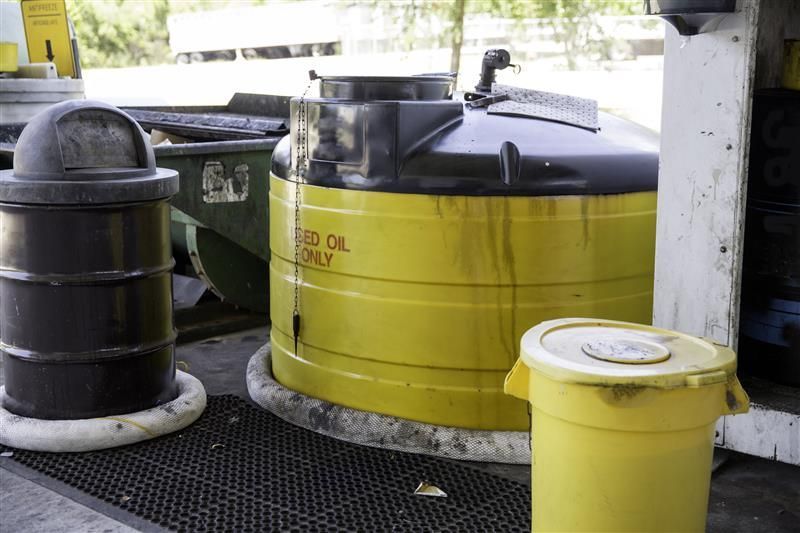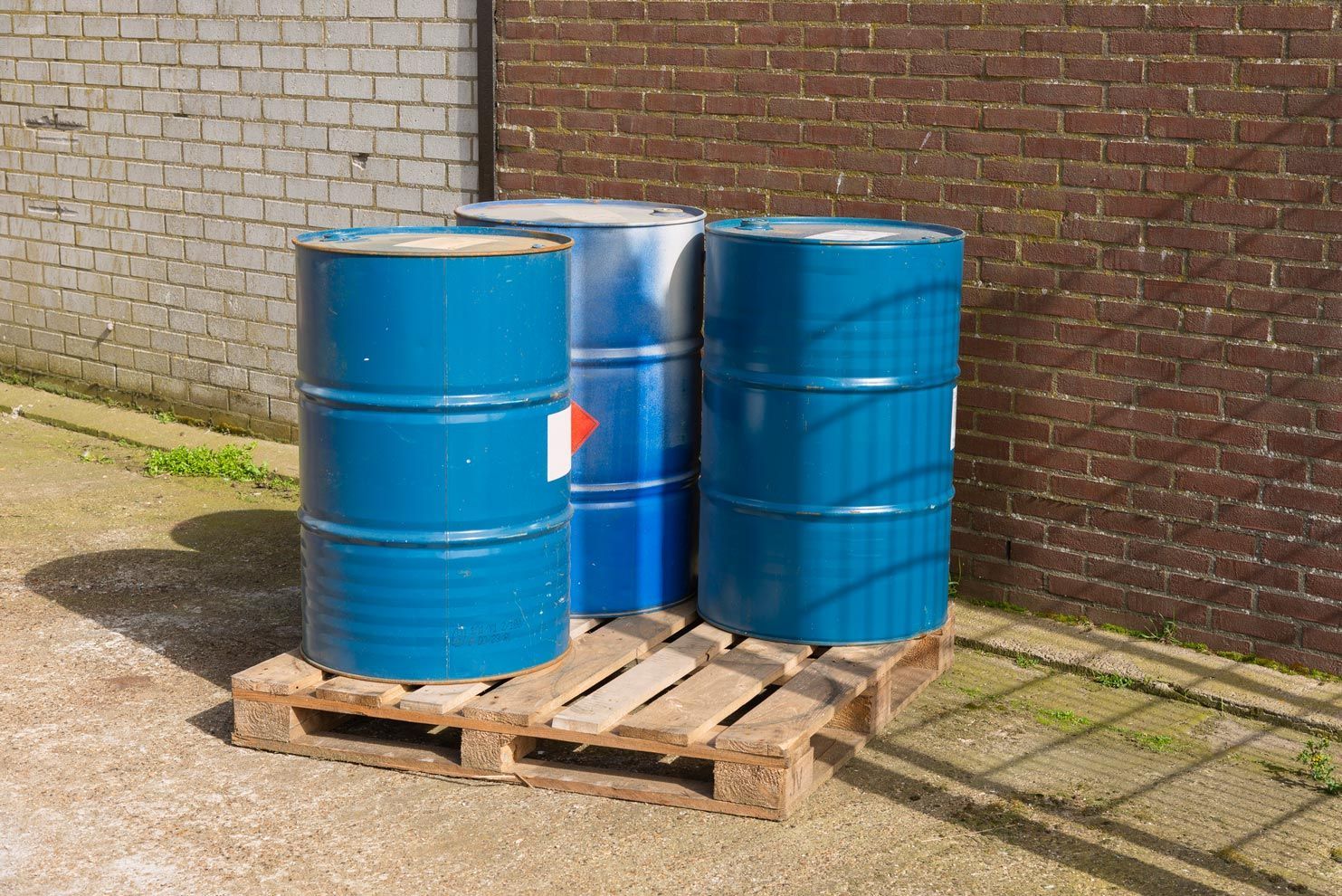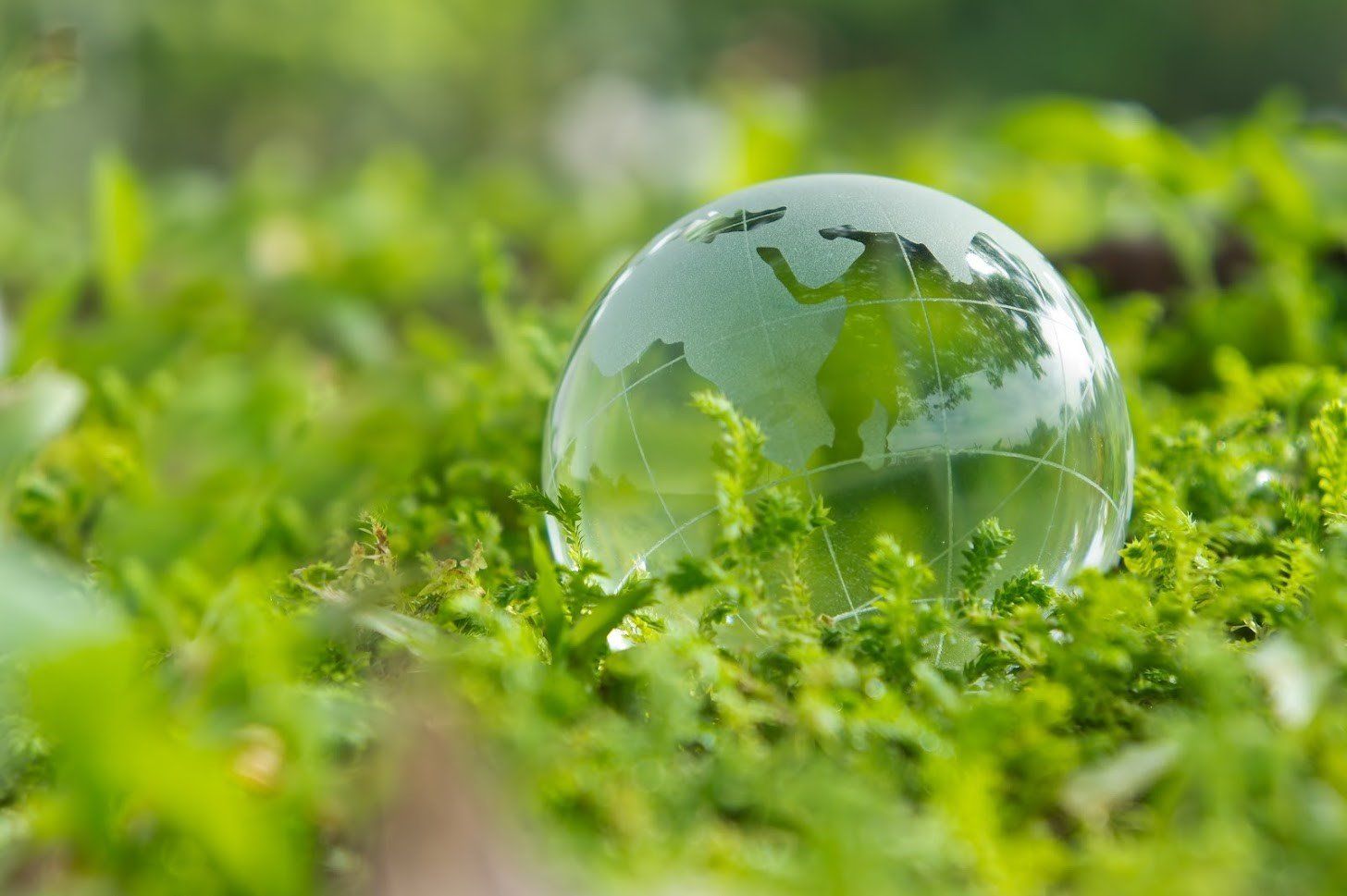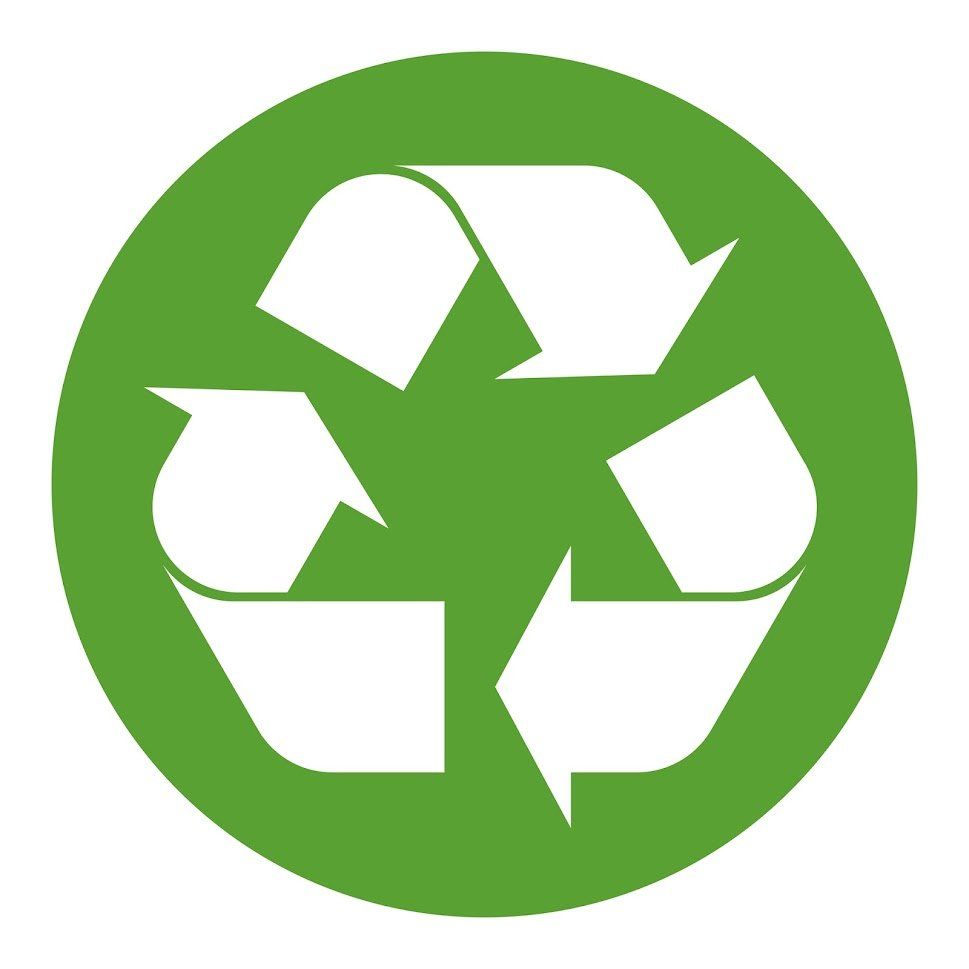5 Top Benefits of Wastewater Recycling

Water recycling is a viable option if you produce high levels of wastewater in the course of your commercial or industrial operations or if the cost of acquiring freshwater is too high. In addition to the environmental benefits, water recycling is advantageous to businesses in many ways because it offers financial savings and efficient operations.
Water recycling is also a way of being kind to the environment. It prevents water from being removed from natural habitats such as wetlands and forests, which depend on freshwater. Here is a dive into the benefits of recycling wastewater in your business.
1. Fewer Transportation Costs
Industrial wastewater recycling is a smart move as it helps businesses save on costs and ultimately boost the bottom line. Instead of incurring high costs of transporting wastewater to an offsite facility, recycling and reusing wastewater enables a business to save on disposal costs.
Recycling also helps you save on the cost of sourcing freshwater because treated water is now readily available. If your business largely relies on water to operate, on-site wastewater recycling allows you to meet your water demands conveniently.
2. Increased Community Safety
Water plays a crucial role in our lives. Schools, gyms, firefighters, and restaurants require large amounts of water to operate efficiently so they can provide top service. This fact proves the need to scale up water conservation efforts.
Water recycling comes in handy for water parks, swimming pools, and golf courses so that the freshwater sources can help communities in better ways. Some industries that need water in the community may include agriculture, nurseries and horticulture, and landscaping.
Wastewater recycling helps conserve freshwater sources, such as rivers, reservoirs, or groundwater, particularly in regions prone to drought and water scarcity. Wastewater recycling is, therefore, a way to maintain a safe community.
3. Better Environmental Health
People and businesses must reduce water wastage so that less water needs treating. Unfortunately, a lot of untreated wastewater still ends up in water bodies and negatively impacts the planet. This occurrence ultimately reduces human life and that of other living species. Recycling water not only helps secure the local landscape but wildlife as well.
When you recycle water, you will not need to collect water from other areas where the ecosystem will suffer when freshwater is removed. Also, keep in mind that untreated wastewater can significantly pollute rivers, oceans, and streams, lowering the water quality and destroying aquatic animals.
4. Fewer Noncompliance Fines
Practices such as reusing and recycling wastewater help reduce pollution to the environment. Additionally, adopting wastewater recycling strategies allows you to avoid fees and fines due to careless wastewater discharge.
The fines can be quite hefty and can cripple business operations. If your business is environmentally conscious and performs water recycling correctly, you can stay in good standing with regulators.
5. Smoother Operations
Some places, such as mines, recycle wastewater out of necessity, especially in areas that lack or have access to little freshwater. For such businesses to continue operations, an on-site wastewater treatment facility helps them access the much-needed water for smoother operations.
Other businesses with high water usage include car washes. These businesses should opt for recycled water systems because of their efficiency and cost-effectiveness. Recycling and reusing wastewater offers businesses a long-term solution for their large-scale water requirements.
More businesses should take up wastewater recycling to conserve water and preserve the environment in the process. Recycling allows such businesses to save money on water bills, which ultimately boosts their profitability. To learn more about wastewater recycling and disposal, contact Denver Oil. We serve all of Colorado with our wastewater and oil recycling efforts.










